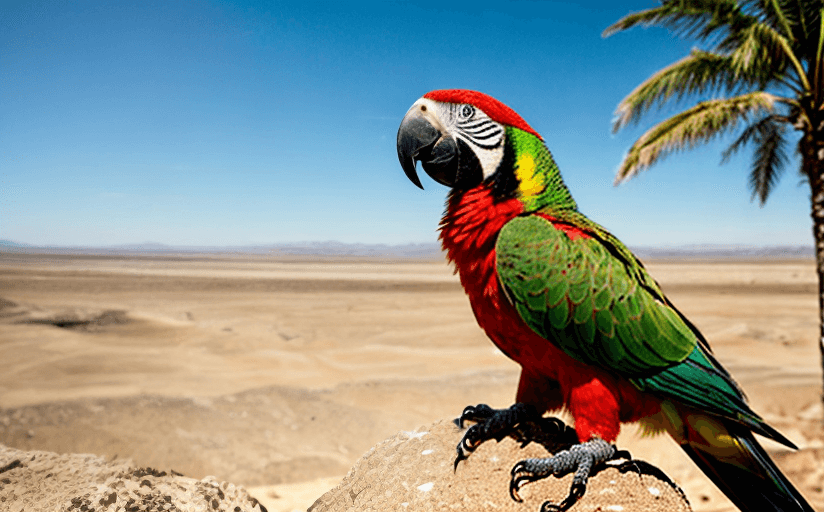Climate Change and Our Beloved Exotic Pets
In recent years, the complex issues surrounding climate change and its effects on various facets of life have been greatly explored. One of the less examined subjects is the impact of climate change on exotic pets. These unique and interesting creatures often possess a heightened sensitivity to their environment compared to common domestic pets, which makes it crucial to understanding how shifts in weather and temperature can alter their health, survival, and adaptability.
Climate Change and Exotic Pets' Well-being
Changes in temperature and weather patterns directly affect the health and habitats of exotic pets. An exotic pet that is used to a warm, tropical climate might struggle to cope with drastic changes in seasons, causing health problems such as poor nutrient absorption, slow metabolism, and in some cases, even hypothermia. As their natural habitats face increasing degradation or shifts due to climate change, these pets also confront diminishing resources and increased competition.
Trade and Legality Surrounding Exotic Pets
Climate change also deeply influences the trade and legality issues surrounding these creatures. Often, these pets are sourced from the wild, and with habitats drastically changing or diminishing due to climate change, trading in exotic pets is becoming an increasingly grey area in legal systems worldwide. The combination of climate change and the exotic pet trade threatens to accelerate the extinction of already vulnerable species.
Mitigating the Impact
Despite the considerable challenges, measures can be taken to mitigate the effects of climate change on exotic pets. One such precaution is the provision of stable, controlled environments that mirror their natural habitats. Researching the pet's native climate and adjusting their living conditions accordingly can help immensely. Also, increased regulation and oversight of the exotic pet trade can ensure that it does not contribute to climate change-related biodiversity loss.
Moreover, efforts to combat climate change as a whole - such as reducing greenhouse gas emissions, shifting to renewable energy sources, and conserving natural habitats - are also crucial for the long-term survival and well-being of exotic pets.
Conclusion
In conclusion, climate change profoundly impacts the health, survival, and adaptability of exotic pets. By understanding these impacts, taking appropriate measures to mitigate them, and striving to combat climate change as a whole, we can ensure that these uniquely interesting pets can continue to thrive.

















Comments
Leave a Comment